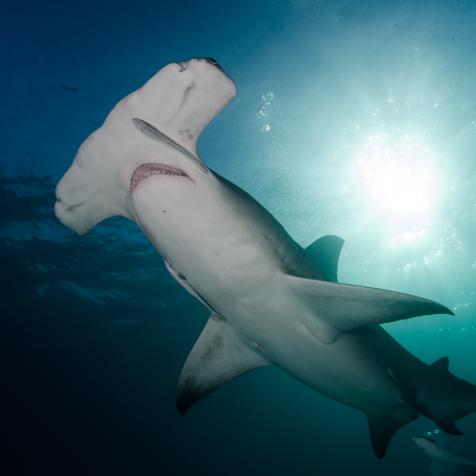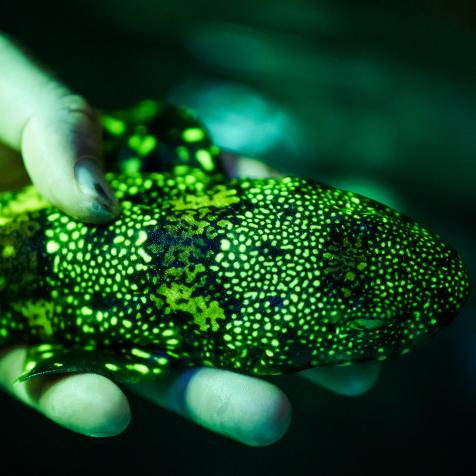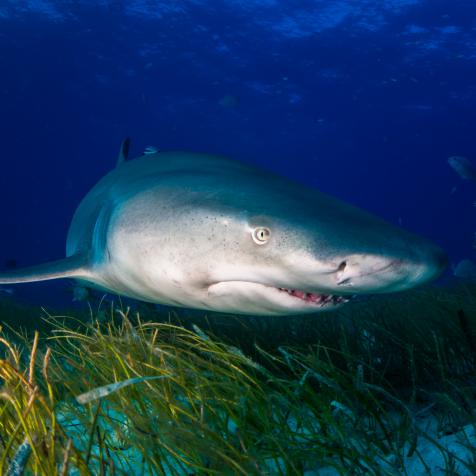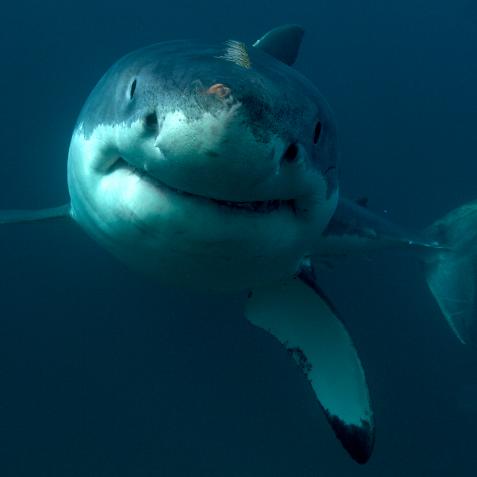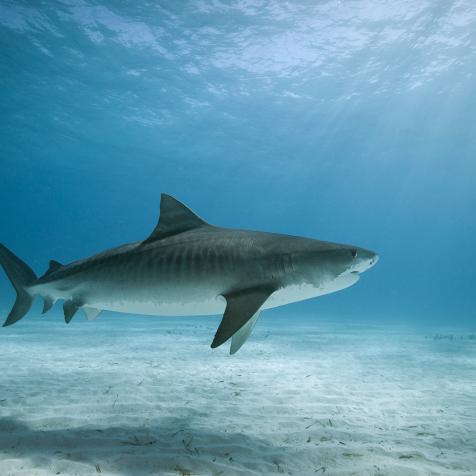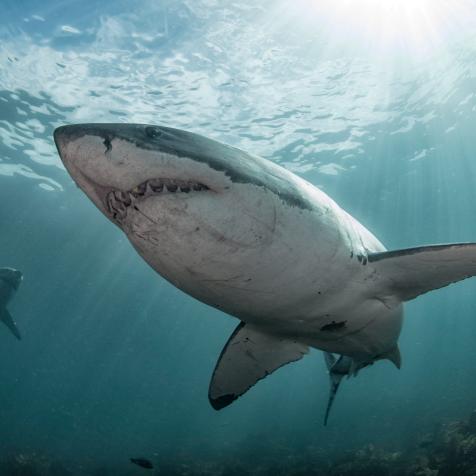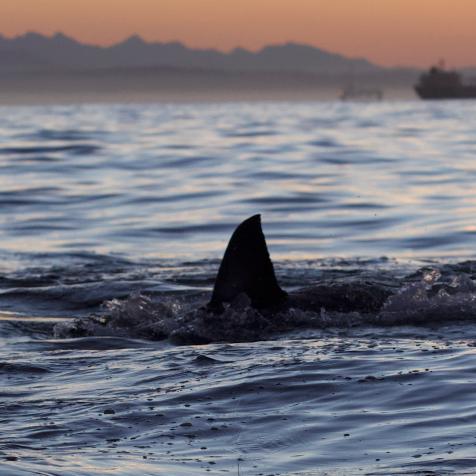
Curiosity Daily Podcast: Your Brain on Music, Super-Singing Songbirds, Animal Sunburns
Learn about the social neuroscience of music; songbirds’ ultra-precise song control; and how animals can get skin cancer.
Episode Show Notes:
This is your last chance to vote for Curiosity Daily in the 2021 People's Choice Podcast Awards! Register at https://podcastawards.com, select Curiosity Daily in the categories of Education and Science & Medicine, and then click/tap "save nominations" at the bottom of the page. Voting in other categories is optional. Your vote is greatly appreciated!
This is what happens in the brain when people make music together by Kelsey Donk
- What happens in the brain when people make music together? (2021). EurekAlert! https://www.eurekalert.org/pub_releases/2021-06/bu-whi060921.php
- Greenberg, D. M., Decety, J., & Gordon, I. (2021). The social neuroscience of music: Understanding the social brain through human song. American Psychologist. Advance online publication. http://dx.doi.org/10.1037/amp0000819
Songbirds have ultra-precise control over their singing, controlling frequencies under 1 Hz by Grant Currin
- Songbirds can control single vocal muscle fibers when singing. (2021). EurekAlert! https://www.eurekalert.org/pub_releases/2021-06/uosd-scc053121.php
- Adam, I., Maxwell, A., Rößler, H., Hansen, E. B., Vellema, M., Brewer, J., & Elemans, C. P. H. (2021). One-to-one innervation of vocal muscles allows precise control of birdsong. Current Biology. https://doi.org/10.1016/j.cub.2021.05.008
- Hays, B. (2021, June 4). Songbirds can precisely control single vocal muscle fibers while singing. UPI; UPI. https://www.upi.com/Science_News/2021/06/04/denmark-songbirds-fibers-vocal-control/4951622821325/
- Merlin Bird ID - Free, Instant Bird Identification Help and Guide for Thousands of Birds: https://merlin.allaboutbirds.org/
Do animals that spend time in the sun get skin cancer? by Ashley Hamer (Listener question from Toby in Longmont, Colorado)
- Grey, H. (2018, June 28). Here’s How Much Damage a Really Bad Sunburn Can Do. Healthline; Healthline Media. https://www.healthline.com/health-news/heres-how-much-damage-a-really-bad-sunburn-can-do
- van der Weyden, L., Brenn, T., Patton, E. E., Wood, G. A., & Adams, D. J. (2020). Spontaneously occurring melanoma in animals and their relevance to human melanoma. The Journal of Pathology, 252(1), 4–21. https://doi.org/10.1002/path.5505
- Bryce, E. (2018, May 27). Do Animals Ever Get Sunburned? Livescience.com; Live Science. https://www.livescience.com/62677-do-animals-get-sunburned.html
- Gambino, M. (2011, July 8). Ask an Expert: Do Animals Get Sunburned? Smithsonian Magazine; Smithsonian Magazine. https://www.smithsonianmag.com/science-nature/ask-an-expert-do-animals-get-sunburned-28218217/
- Why Would A Fish Make Its Own Sunscreen? (2015, May 13). NPR.org. https://www.npr.org/sections/health-shots/2015/05/13/404444731/why-would-a-fish-make-its-own-sunscreen
Follow Curiosity Daily on your favorite podcast app to learn something new every day with Cody Gough and Ashley Hamer. Still curious? Get exclusive science shows, nature documentaries, and more real-life entertainment on discovery+! Go to https://discoveryplus.com/curiosity to start your 7-day free trial. discovery+ is currently only available for US subscribers.
See omnystudio.com/listener for privacy information.








